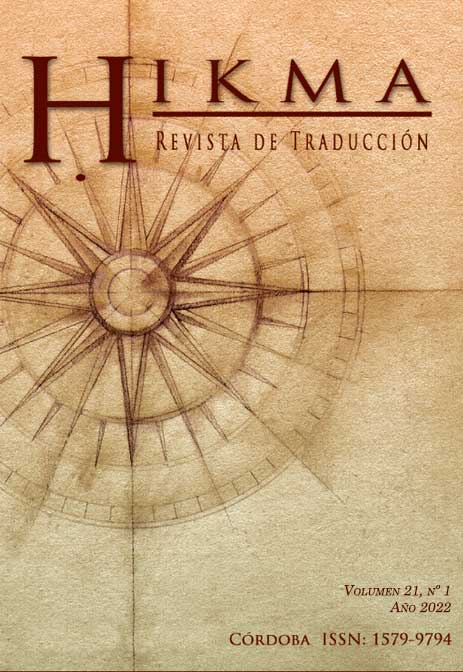Aristotelian ‘Phronesis’ and the dilemma of its translation
Main Article Content
Abstract
The Greek Phronesis is among the key concepts in Aristotle’s ethics and politics. It appears especially in the Book VI of his Nicomachean Ethics. The translators of Aristotle’s work could only render those aspects of its meaning that they were able to comprehend. The present study examines how phronesis is transmitted into Arabic in the revised version of the first known translation of the Nicomachean Ethics by Isḥāq Ibn Ḥunain (9th century) where he renders it to ta‘aqqul, ‘aql or fahm, and the translation made by ‘Abd ar-Raḥmān Badawī (20th century), who translates it as fiṭna. The findings are occasionally compared with the English and German translations of the same text by two significant commentators of Aristotle. The paper concludes that while Ibn Ḥunain’s renderings are historically justified, all in all, Badawī has translated the Greek terms with relative faithfulness, although he occasionally fails to establish a correlation between the concepts.
Downloads
Article Details

This work is licensed under a Creative Commons Attribution-NonCommercial-ShareAlike 4.0 International License.
Authors who publish with this journal agree to the following terms:
1. Authors retain copyright and grant the journal right of first publication with the work simultaneously licensed under a Creative Commons Attribution License that allows others to share the work with an acknowledgement of the work's authorship and initial publication in this journal.
2. Authors are able to enter into separate, additional contractual arrangements for the non-exclusive distribution of the journal's published version of the work (e.g., post it to an institutional repository or publish it in a book), with an acknowledgement of its initial publication in this journal.
3. Authors are permitted and encouraged to post their work online (e.g., in institutional repositories or on their website) prior to and during the submission process, as it can lead to productive exchanges, as well as earlier and greater citation of published work (See The Effect of Open Access).

